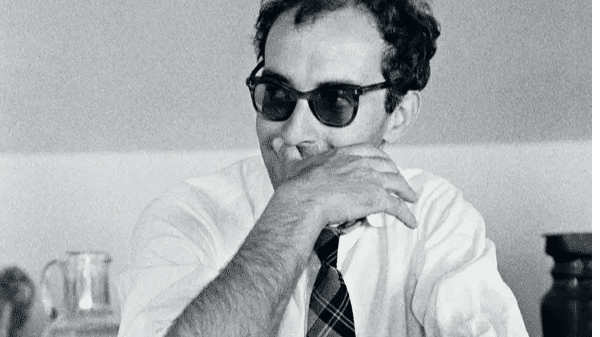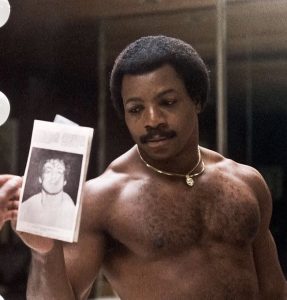The French-Swiss director Jean-Luc Godard, who played a key role in the Nouvelle Vague movement that transformed cinema in the late 1950s and early 1960s, passed away at the age of 91. He died “peacefully at home” in Switzerland, according to the French news agency AFP, with his partner Anne-Marie Mieville by his side.
Also read: Jean-Luc Godard films to watch: How to stream
According to the French newspaper Liberation, which cited an unspecified family member, Godard’s death was assisted, which is permitted in Switzerland. “He was not sick, he was simply exhausted. So he had made the decision to end it. It was his decision and it was important for him that it be known.” Patrick Jeanneret, Godard’s attorney, later corroborated the information.
When news of Godard’s death circulated, people immediately expressed their admiration for the director and his contribution to cinema.
Also read: Jean-Luc Godard: 4 ways in which the visionary remade cinema
“From Breathless on, Godard redefined the very idea of what a movie was and where it could go. No one was as daring as Godard. You’d watch Vivre Sa Vie or Contempt or Made in USA and you had the impression that he was actually taking apart his own movie and rebuilding it before your eyes,” American director Martin Scorsese noted. “You never knew what to expect from moment to moment, even from frame to frame – that’s how deep his engagement with cinema went.”
Also read: Jean-Luc Godard died by assisted suicide, confirms his lawyer
“He never made a picture that settled into any one rhythm or mood or point of view, and his films never lulled you into a dream state. They woke you up. They still do – and they always will,” Scorsese added. “But if any artist can be said to have left traces of his own presence in his art, it’s Godard. And I must say right now, when so many people have gotten used to seeing themselves defined as passive consumers, his movies feel more necessary and alive than ever.”
Over the course of his remarkable career, Scorsese has been influenced by a wide range of different people and things. A genuine cinephile, he has named Satyajit Ray and Alfred Hitchcock as important influences while also pushing moviegoers to pay attention to modern visionaries like Ari Aster and others.
Also read: Jean-luc Godard: Leaving cinema Breathless
When it came to the soundtrack for his 1995 crime drama Casino, Scorsese really drew inspiration from a Jean-Luc Godard film. That film was none other than Contempt, Godard’s spectacular 1963 masterpiece about a troubled marriage that engages in a self-reflexive analysis of the cinematic art form.
“I used to think of Godard and Antonioni as the great modern visual artists of cinema—great colourists who composed frames the way painters composed their canvases. I still think so, but I also connect with them on the emotional level. And for me, Contempt is one of the most moving films of its era,” Scorsese said in a 2014 interview with Criterion.
Also read: Jean-Luc Godard: Child of Marx and Coca Cola
Georges Delerue’s exquisite soundtrack, which was also used in Casino, is one of Contempt’s most sublime features. Scorsese utilised Delerue’s Contempt – Theme De Camille to give Casino a very specific vision while analysing the breakdown of interpersonal bonds in a constantly evolving urban environment.
Scorsese expressed his admiration for the movie and added, “Contempt is also a lament for a kind of cinema that was disappearing at the time, embodied by Fritz Lang and the impossible adaptation of The Odyssey that he’s directing. And it is a profound cinematic encounter with eternity, in which both the lost marriage and the cinema seem to dissolve. It’s one of the most frightening great films ever made.”
Also read: Jean-Luc Godard: 5 lesser-known facts about the French filmmaker
The director also acknowledged that Delerue’s score for Casino was originally recommended by Robbie Robertson, The Band’s lead guitarist. Robertson has offered his opinion on a number of Scorsese’s projects, and he contributed to Casino as a “music consultant.” Delerue’s genius came to mind when Scorsese asked him to recommend something that wasn’t traditional and wouldn’t compete with the Bach chorus.







